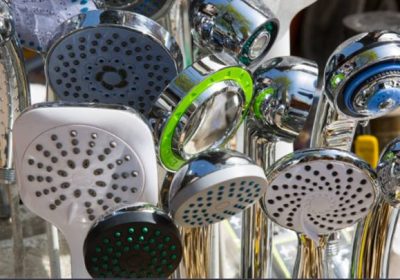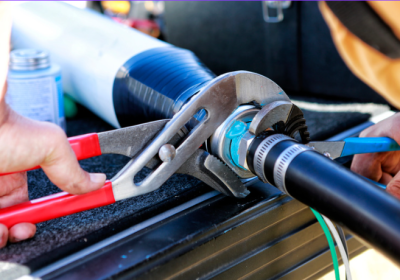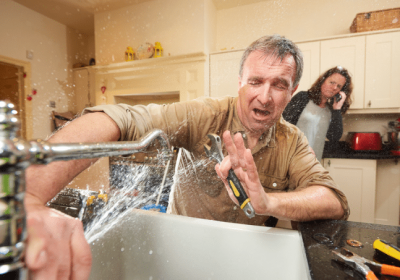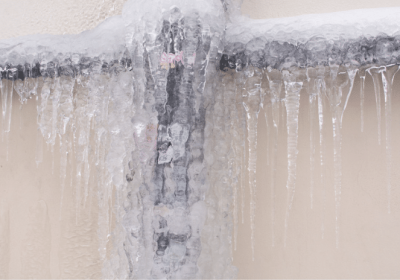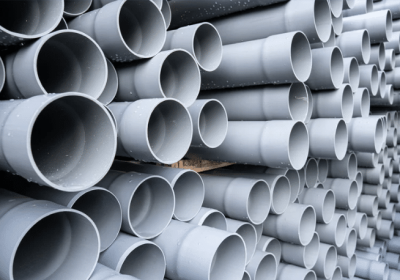From Drips to Renovations: The Comprehensive Services Offered by Your Local Plumber
Have you ever thought of plumbers as just the heroes who come to rescue your home from a leaky faucet or a clogged drain? If so, you might be surprised to learn about the full spectrum of services that these professional professionals offer. From minor repairs to major renovations, the modern plumber’s role extends far beyond just fixing unexpected leaks. Let’s dive into the diverse world of plumbing services that can transform the way you maintain and upgrade your home.
Essential Plumbing Repairs
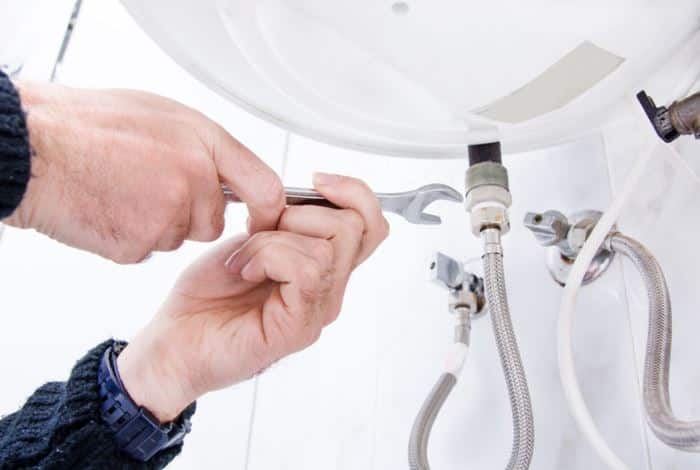
Leak Repairs
Did you know that a small leak can waste about 10,000 gallons of water annually? Plumbers are adept at quickly identifying and repairing leaks in your faucets, pipes, and fixtures, ensuring water conservation and helping you avoid high utility bills.
Drain Cleaning
Whether it’s a slow sink or a completely clogged toilet, plumbers have the tools and expertise to tackle both common and complex blockages. Regular drain cleaning can prevent larger issues, keeping your plumbing system running smoothly.
Toilet Repair
Toilet troubles are not only inconvenient but can also be unsanitary. From fixing leaks to resolving flush issues and unclogging, plumbers ensure that your toilets are in top working condition, whether in homes or commercial spaces.
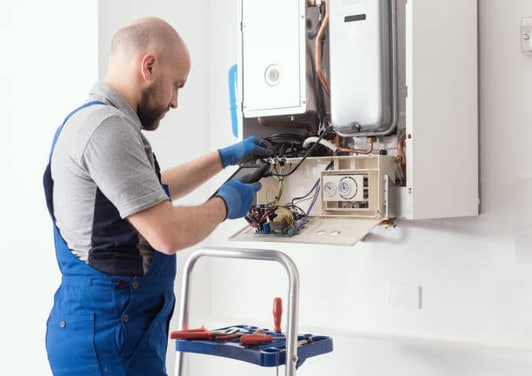
Water Heater Services
Water heaters need regular maintenance to operate efficiently. Whether you have a gas, electric, or tankless water heater, plumbers can handle maintenance, repairs, or replacements, ensuring you always have hot water when you need it.
Tips for Maintaining Your Plumbing System
- Regularly Check for Leaks: Small leaks can quickly turn into costly repairs. Check under sinks and around toilets for any signs of water leaks or damage regularly.
- Avoid Chemical Drain Cleaners: While they may seem convenient, chemical drain cleaners can damage your pipes over time. Instead, use a plunger or a plumber’s snake to clear clogs.
- Insulate Your Pipes: Protect your pipes from freezing during the winter by insulating them, especially those that are exposed or in unheated areas of your home.
- Soften Your Water: If you have hard water, consider installing a water softener. Hard water can cause scale buildup in your pipes and appliances, leading to inefficiencies or damage.
- Know Your Main Water Shut-Off Valve Location: In case of a major leak, knowing where the main water shut-off valve is can prevent significant water damage.
- Regularly Clean Faucet Aerators: Sediment and debris can build up in faucet aerators, affecting water pressure. Cleaning them regularly can ensure better water flow and efficiency.
Installation Services
Fixture Installations
Updating your fixtures can transform the look and functionality of your home. Plumbers can install a variety of fixtures, including sinks, toilets, faucets, and showers, enhancing your space and increasing efficiency.
Appliance Hook-Ups
Need to install a new dishwasher or a refrigerator with an ice maker? Your local plumber can safely hook up water-using appliances, ensuring they function correctly from the start.
Piping and Re-Piping
Old, corroded pipes can cause multiple issues. Plumbers can replace old piping or install new systems, using durable materials that prevent future problems and improve the quality of your water.
Specialized Plumbing Solutions
Sump Pump Installation and Repair
Sump pumps prevent water damage by keeping your basement dry. Plumbers not only install and repair these systems but also recommend the best options based on your home’s layout and needs.
Water Filtration Systems
To ensure your water is clean and safe, plumbers can install and maintain water filtration systems. These systems remove contaminants and improve the taste and quality of your water.
Hydro Jetting
For severe blockages in your drains or sewer lines, plumbers use hydro jetting, a powerful cleaning method that clears out sludge and debris without damaging pipes.
Fascinating Plumbing Facts
- Ancient Origins: Plumbing dates back to at least 2700 B.C. The Indus Valley Civilization had advanced sewage systems as well as water supply systems, showcasing early plumbing sophistication.
- Lead in Plumbing: The word “plumbing” comes from the Latin word “plumbum,” meaning lead, because original plumbing pipes were made from lead.
- Albert Einstein, the Plumber?: Albert Einstein was made an honorary member of the Plumbers and Steamfitters Union after stating that he would be a plumber if he had to live his life all over again.
- Water Efficiency: Modern low-flow toilets use less than 1.6 gallons per flush, compared to older models that used as much as 7 gallons.
- Major Milestone: The White House first got plumbing in 1833—almost 55 years after it was built—with running water on the main floor.
- A Costly Drip: A dripping faucet can waste over 3,000 gallons of water per year. Fixing a leak can save you about 10% on your water bill.
Plumbing in Renovations and New Constructions
Bathroom Remodels
In bathroom renovations, plumbers work alongside contractors to revamp the plumbing setup, ensuring that new fixtures not only look good but function perfectly.
Kitchen Upgrades
Whether you’re expanding your kitchen or updating appliances, plumbers play a crucial role in integrating new plumbing solutions that match your layout and design.
New Construction Plumbing
Building a new home? Plumbers are involved from the ground up, installing systems that ensure efficient water delivery and waste disposal.
Emergency Plumbing Services
Plumbers provide 24/7 emergency services for burst pipes, major leaks, or any urgent plumbing issue. Knowing what qualifies as an emergency can save you time and prevent extensive damage.
Preventive Maintenance and Inspections
Regular inspections and maintenance can prevent unexpected breakdowns and costly repairs. Plumbers can schedule these services to keep your plumbing system in optimal condition.
As we’ve seen, plumbers offer a wide range of services that go beyond emergency repairs. They are integral to maintaining, renovating, and even constructing the plumbing aspects of our homes.
Think it’s time for a plumbing upgrade or simply want to get ahead of potential issues? Contact your local plumber today to schedule a consultation or inspection.
FAQ Section
Q1: How often should I have my plumbing inspected? A: Experts recommend having your plumbing inspected at least once a year to catch any potential issues early.
Q2: What are the signs that I might need repiping? A: Frequent leaks, water discoloration, and reduced water pressure can all indicate that your pipes need to be replaced.
Q3: Can installing a water filtration system really make a difference? A: Absolutely! It not only improves the taste, smell, and safety of your water but also prolongs the life of your appliances by preventing scale buildup.
Q4: How do I know if my sump pump needs service? A: If your sump pump is making unusual noises, not activating when it should, or has visible rust or damage, it’s time to call a plumber.




